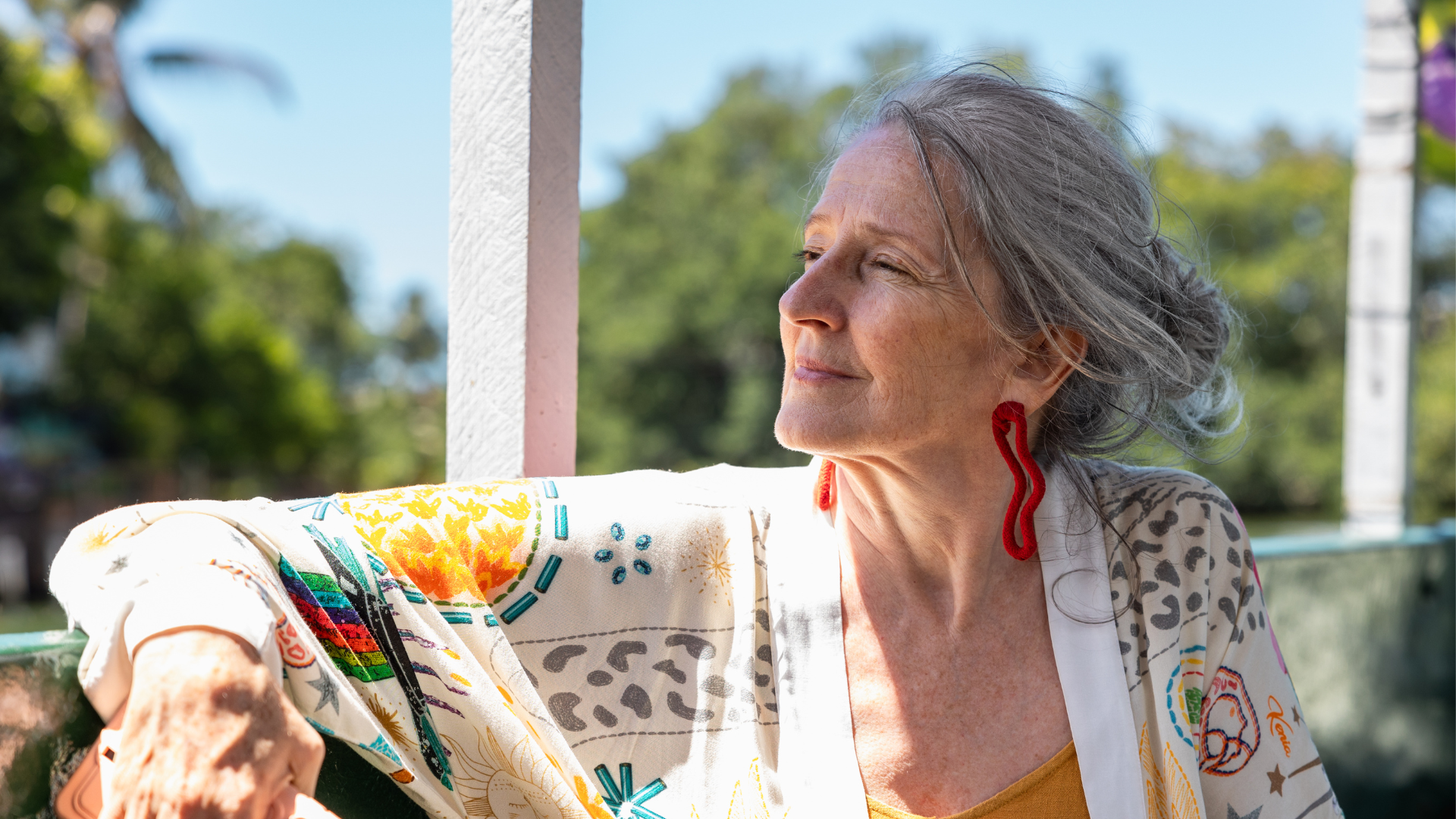Article | 04/11/23
Why Special Needs Plans beneficiaries need specialized caregiver support
This article originally appeared in Becker’s Payer Issues on April 5th, 2023.
More Americans than ever are beneficiaries of a Special Needs Plan (SNPs).
Membership in SNPs — Medicare Advantage plans designed for high-need seniors — has grown continually over the last decade. As of 2022, 4.6 million Americans were enrolled in one of the three types of SNPs available on the market. At the same time, the number of SNPs available on the market have more than doubled since 2018, underscoring the attractiveness in the market.
Those who stand to benefit the most from these plans have multiple health conditions and experience varied barriers to care. On the whole, SNP beneficiaries have heightened medical or support needs than the average Medicare Advantage plan member. I-SNP beneficiaries have needs that require a stint at a long-term care facility, for instance. And C-SNP enrollees have one or multiple chronic conditions. SNP members are also likely to be poorer than an average MA enrollee, as D-SNP beneficiaries are dually eligible for Medicare and Medicaid.
Herein lies the challenge for most health plans. Actively enrolling and engaging those eligible for SNP plans is new territory. And delivering, coordinating and managing care for complex populations requires a specialized model of care and approach.
Health plans must widen their view of their SNP members — away from just their individual conditions to the member more holistically — because their health is likely impacted by a constellation of medical and social factors.
No one plays a more central role in a member’s access to care, experience of care or management of care-related needs than the family and friends that support them. In fact, 62% of seriously ill patients rely heavily on friends and family.
Those caregivers have an outsized impact on their loved one’s health and use of the healthcare system.
Patients with engaged caregivers are 30% less likely to use the emergency department and have 50% lower hospital utilization than those who don’t have a caregiver. And when a hospitalization is necessary, a family caregiver can reduce readmissions by 25%.
Most caregivers also tackle care-related tasks like medication management (50%) and transportation (80%).
But caregiving in any scenario can be stressful, and that is heightened when navigating the system for someone who is seriously ill. When caregivers are burned out, their health suffers — as well as the health of the loved one in their care. Engaging and partnering with family caregivers is critical for plans that want to improve care quality and control costs for their growing SNP population.
And yet, just 5% of SNPs offered support for caregivers of enrollees in 2023, according to KFF. Those that do are investing in a critical part of their members’ care circle and reaping the cost reduction and quality boost benefits.
Supporting caregivers is proven to reduce their stress and increase their confidence — which translates to their loved one staying healthier and safe at home. In a study measuring the impact of a robust caregiver support program, 60% reported high or very high confidence in their ability to care for their loved one. There was also a 43% reduction in participants reporting high or very high stress levels, meaning they have more mental capacity to complete their complex caregiving duties.
Caregiver support programs that offer personalized guidance and ongoing support to these important members of SNP beneficiaries’ care teams are the key to keeping SNP enrollees healthier and controlling costs as membership continues to grow. Because supported and empowered caregivers drive better outcomes.
About Carallel
Carallel uses expert guidance and digital tools to identify and empower caregivers so they can confidently manage the twists and turns of caregiving. Carallel partners with health plans and providers aiming to achieve better outcomes, and employers striving to retain employees and increase productivity.
The latest from Carallel

Caregiver Journey Webinar
A Caregiver Conversation by Carallel: Helping Children Adjust When a Loved One Moves In
We dive into the practical realities of moving the person you're caring for into your home - and offer simple tips for helping children adjust....

Caregiver Journey Webinar
A Caregiver Conversation by Carallel: Navigating Insurance Denials and Appeals
We talk about stuff family caregivers should know about insurance denials and...
